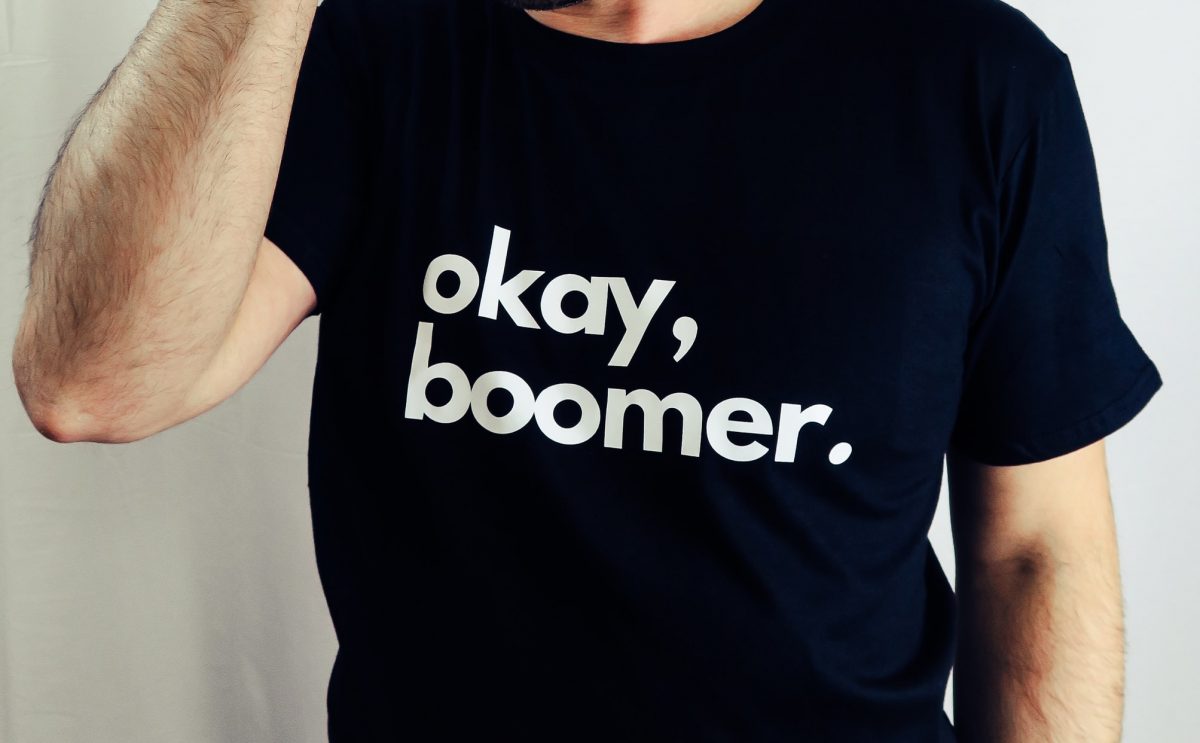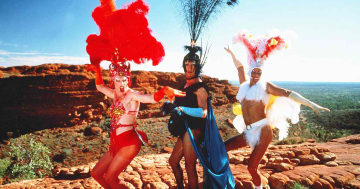
OK, boomer’s not OK. Photo: Giacomo Lucarini.
Year in Review: Region Media is revisiting some of the best Opinion articles of 2022. Here’s what got you talking, got you angry and got you thinking in 2022. Today, Zoya Patel argues, making age synonymous with irrelevance costs us all, and one day we’ll be the written-off ‘boomer’.
I’ve been hearing a certain derision lately towards the more mature members of our community, and it’s started to grate on me. Over and again, I hear people casually remark about ‘Boomers’ and old people in a way that makes age synonymous with irrelevance. I’ll admit, I’ve been guilty of it in the past myself.
But the final straw for me was hearing someone recently deriding a community group that provides local neighbourhood support and advocacy as being full of ‘old people and retirees’ – as though that somehow automatically negated their impact, relevance and authority.
Maybe it’s just the way I was raised, but I found it deeply troubling to hear such blatant ageism that also seemed illogical. Surely age and experience make someone more qualified to offer advice, opinions and ideas to a community forum? Just as youth affords a unique and important perspective, so does age. One isn’t automatically better than the other, but both are inherently necessary to provide a richness of ideas and views.
This ageist rhetoric relies on the assumption that age makes a person ‘out of touch’, set in their ways and inflexible. And this may be the case for some people. But like all broad categories of humans, #notalloldpeople are closed off to new ideas, dismissive of young people or uninterested in continuous education.
Equally, being retired is often linked to being bored, and therefore over-engaging or meddling in volunteer groups as a way to find a purpose. Having people who are retired from their professional working lives who still want to contribute to their community and stay engaged is surely something we should celebrate.
I think part of the reason this attitude is becoming so entrenched is because of the Boomer vs Millennial intergenerational antagonism, which has seen shots fired on both sides. I’m surrounded by people my age who feel frustrated by their lack of economic power in contrast to our parents and older generations. This has solidified into a disdain for Boomers and everything they supposedly signify.
But any critical thinker knows that blaming a generation of people who all navigated their own challenges and inequalities in their life for the way that our capitalist system of wealth distribution has let us down is foolish. We’d be better off spending our energy collaborating to critique the system than engaging in pointless generational wars.
Like most people my age, I’ve had annoying conversations with people older than me who have held views that aren’t aligned with my own or who don’t understand or want to engage with ideas or beliefs that have progressed beyond their own. But undoubtedly, those people went through a similar process with the generations before them – and if Gen Z’s ridiculing of my generation is anything to go by, it won’t be long until we’re the ‘irrelevant’ ones, scratching our heads and wondering how we got booted out of the conversation by people younger than us.
In my culture, and certainly the Aussie values I grew up with, age is something to respect. That doesn’t mean that everyone older than you automatically deserves respect as individuals, or that respect shouldn’t flow both ways. But there is a broadly understood value to age and experience and a shared acknowledgement of that.
We need to get past the stereotyping and ridiculing of age and build a conversation that understands and acknowledges the importance of a diversity of views without seeing excluding older people as a necessary byproduct of that goal.


















